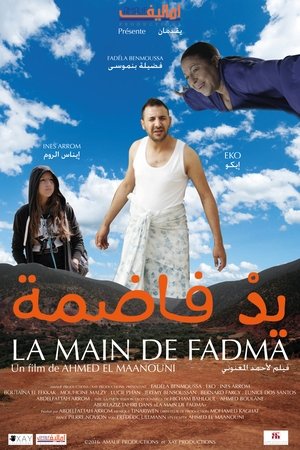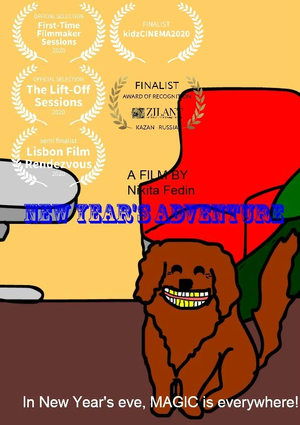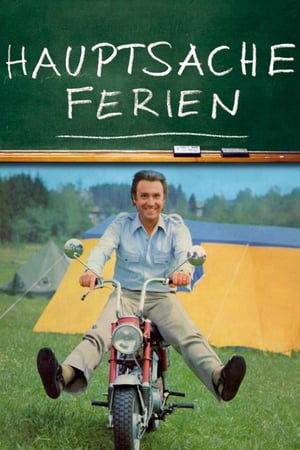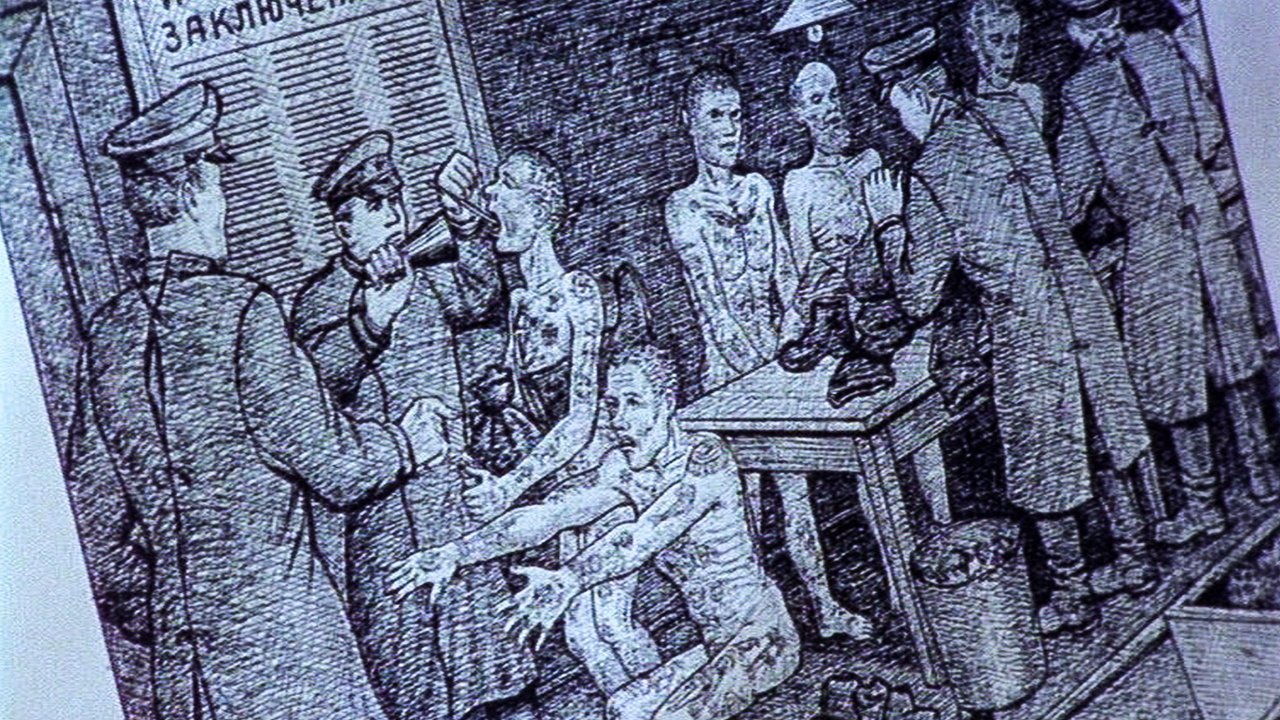
Gulag(1999)
Documentary examining Stalin's Gulag. Between the October Revolution and Stalin's death in 1953, millions of people died in the camps. The film explores the Gulag legacy, hearing from victims and perpetrators of the system.

Movie: Gulag

Gulag
HomePage
Overview
Documentary examining Stalin's Gulag. Between the October Revolution and Stalin's death in 1953, millions of people died in the camps. The film explores the Gulag legacy, hearing from victims and perpetrators of the system.
Release Date
1999-07-10
Average
6.5
Rating:
3.3 startsTagline
Genres
Languages:
EnglishPусскийKeywords
Recommendations Movies
Dash Berlin - Live at Ultra Music Festival Miami Mainstage 2015(en)
Ultra Music Festival 2015. In the middle of the pouring rain. Dash Berlin wrote history surprising the crowd with one of the most emotional, powerful and energetic sets the festival has ever seen and proved to be right at home at the big main stage.
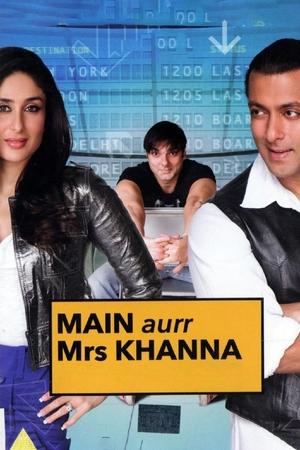 5.0
5.0Main Aurr Mrs Khanna(hi)
Three people, each having different aspirations from life, are caught in a tangle of emotions and don’t know the way out. There’s a husband and wife with love eroding from their life. And there’s a single, happy-go-lucky dude who falls in love with the wife.
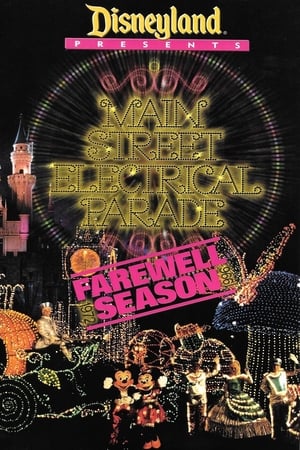 5.4
5.4Disney Presents: Main Street Electrical Parade - Farewell Season(en)
Catch the spark after dark at Disneyland Park. And say farewell to one of the Magic Kingdom's most celebrated traditions - The Main Street Electrical Parade. Where else, but in The Main Street Electrical Parade, could you see an illuminated 40-foot-long fire-breathing dragon? And hear the energy of its legendary melody one last time? It's unforgettable after-dark magic that will glow in your heart long after the last float has disappeared.
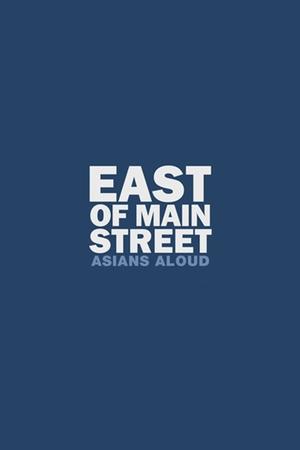 6.0
6.0East of Main Street: Asians Aloud(en)
In celebration of Asian Heritage Month, HBO presents a collection of perspectives from a diverse group of Asian Americans.
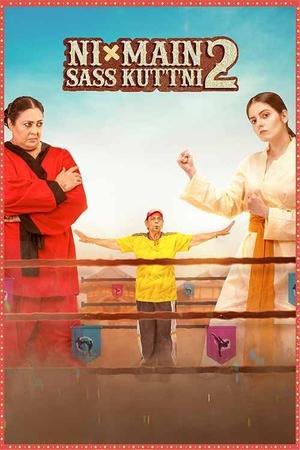 6.2
6.2Ni Main Sass Kuttni 2(pa)
A vengeful mother-in-law locks horns with her daughter-in-law in a twisted tale laced with dark comedy, political intrigue, and chilling thrills.
Closed For Maintenance(ar)
The story of an abused young man who decides to take matters into his own hands, but...
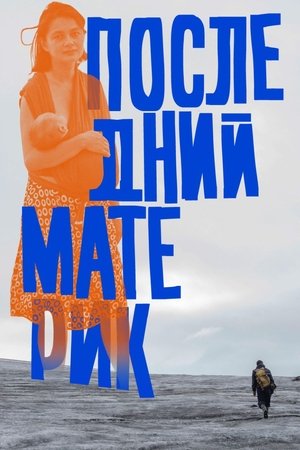 5.9
5.9Last Ma(i)nland(ru)
Photographer Grigory Yaroshenko gets a chance to visit Antarctica and learn about the life of polar explorers. But his wife is expecting their second child, and life changes. Gregory is faced with the question of male self-identification and acceptance of new family circumstances.
Vengayin Maindhan(ta)
A snake charmer sets out to take revenge on the men who raped and killed his ladylove.
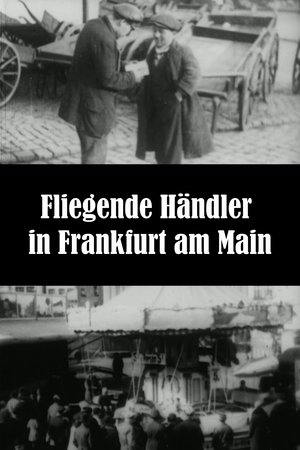 6.2
6.2Travelling Hawkers in Frankfurt am Main(de)
A documentary about unemployed people who bought fruit and vegetables at moderate prices at the wholesale market and sold these in the streets of Frankfurt. Since they had no permits they were constantly with their bulky carts on the run from the police. One part of the film was shot at the fairgrounds in front of the wholesale market. Newspaper and lottery ticket vendors, propagandists offering their ware for a few pfennigs, all convey the mood of a time when need made people inventive.
 6.1
6.1Main Krishna Hoon(hi)
In answer to an orphan boy's prayers, the divine Lord Krishna comes to Earth, befriends the boy, and helps him find a loving family.
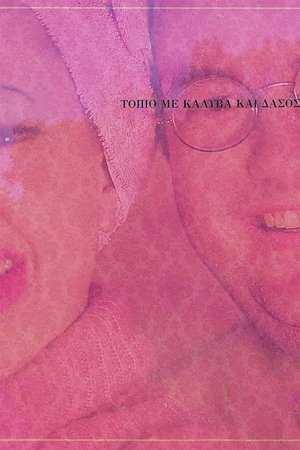 6.2
6.2Painting for the main bedroom(el)
A man is painting a landscape. A woman is holding two cups. What can go wrong? A nightmare in pink.
 6.3
6.3Next Exit, Main Street(en)
In an effort to discover the depth of the country's polarization, four recent college graduates decide to travel across the United States gathering stories encompassing the spectrum of life in America. Their goal is to find the human stories behind the nation's social and political schism, proving that Americans are not tied together by political identity, geographical location or belief systems, but primarily by love, hope and dreams - universal truths.
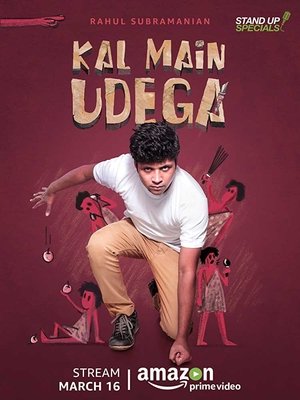 7.2
7.2Rahul Subramanian: Kal Main Udega(en)
Rahul Subramanian's stand up comedy solo 'Kal Main Udega' is filled with unrelated topics, no transitions, inconsequential takes on consequential subjects and also a bit of mildly bad dancing.
Little Pond in Main Street(ko)
Street vendors in Korea are almost like a national institution, they are so widespread and relied upon. In Little Pond in Main Street a group of vendors band together to create a community radio station but come into conflict with other groups, as well as the government trying to shut them down.
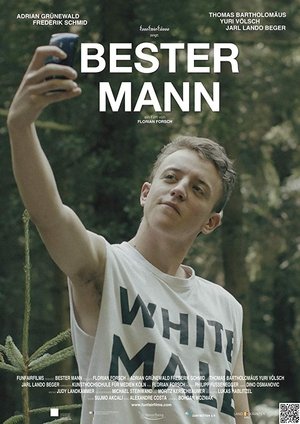 6.4
6.4Main Man(de)
For Kevin, a shy teenager, being bullied is part of everyday life. But one day an older guy, Benny, comes to his aid. Impressed by Benny's self-as-sured appearance, Kevin seeks his company from then on, and increasingly idolizes him. But Benny's intention is not to protect the younger boy, quite the contrary.
Similar Movies
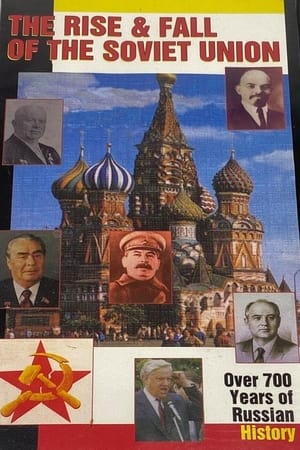 0.0
0.0Soviet Union: The Rise and Fall - Part 1(en)
Historic Russian battles to repel invaders serve as prelude to the story of events that redrew the map of Eastern Europe and parts of Asia in the 20th century. Following the turmoil of the Bolshevik Revolution, Communist Russia faces the venom of Nazi aggression. 1940's film footage reveals the harsh reality of total war, as the Red Army and Soviet civilians alike confront a brutal and tenacious enemy. The following decades are darkened by tensions between the USSR and foreign powers, and violent measures taken to silence voices of dissent. Finally, the Soviet people's yearning for a freer society leads to accelerating reforms and the ultimate dissolution of the USSR.
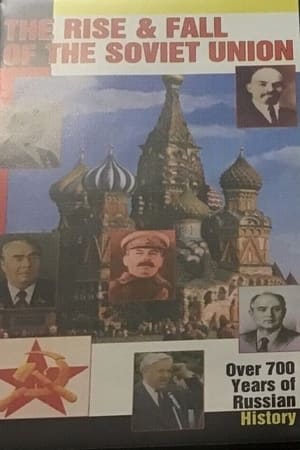 0.0
0.0Soviet Union: The Rise and Fall - Part 2(en)
Historic Russian battles to repel invaders serve as prelude to the story of events that redrew the map of Eastern Europe and parts of Asia in the 20th century. Following the turmoil of the Bolshevik Revolution, Communist Russia faces the venom of Nazi aggression. 1940's film footage reveals the harsh reality of total war, as the Red Army and Soviet civilians alike confront a brutal and tenacious enemy. The following decades are darkened by tensions between the USSR and foreign powers, and violent measures taken to silence voices of dissent. Finally, the Soviet people's yearning for a freer society leads to accelerating reforms and the ultimate dissolution of the USSR.
 6.7
6.7Andrey Tarkovsky. A Cinema Prayer(ru)
An account of the life and work of Russian filmmaker Andrey Tarkovsky (1932-86) in his own words: his memories, his vision of art and his reflections on the fate of the artist and the meaning of human existence; through extremely rare audio recordings that allow a complete understanding of his inner life and the mysterious world existing behind his complex cinematic imagery.
 8.0
8.0Flying Supersonic(fr)
Thundering across the sky on elegant white wings, the Concorde was an instant legend. But behind the glamour of jet setting at Mach 2 were stunning scientific innovations and political intrigue. Fifteen years after Concorde's final flight, this documentary takes you inside the historic international race to develop the first supersonic airliner. Hear stories from those inside the choreographed effort to design and build Concorde in two countries at once - and the crew members who flew her.
 6.0
6.0Children of Chernobyl(en)
Mothers and doctors speak out about the grim reality of life in the five years following the Chernobyl disaster. In children, doctors witnessed a massive increase of recurrent infections, baldness, as well as leukaemia and other cancers.
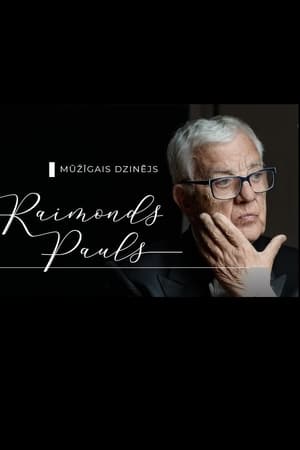 0.0
0.0Perpetuum mobile. Raimonds Pauls(lv)
Raimonds Pauls is almost 85 years old, rehearses almost every day and performs at least once a week. What drives him? Not only he is the most popular composer in Latvia: his songs are sung all over the world. "Dāvāja Māriņa" is so popular in Japan that Paul received the Japanese Order of the Rising Sun. In concerts, he collaborates with world stars of Latvian origin - soprano Elīna Garanča, organist Iveta Apkalna, conductor Mariss Jansons. The Latvian Television film crew follows him during the pandemic, realizing that the restrictions and threats of Covid-19 hardly stop the Maestro in the course of his eternal engine. How does he cope with the challenges that time imposes on a person's physical form and the loneliness when most friends have passed away? What is the source of his inexhaustible lifestyle and creative spirit?
In Memory of Sergo Ordzhonikidze(ru)
The film is about the life and work of Grigory Ordzhonikidze Konstantinoviche, an important personality in both the Communist Party and the Soviet state. The film includes speeches by his bereaved friends who attended his funeral. In 1937, after the unexpected death of Sergo Ordzhonikidze, Vertov received an urgent order from the government to produce a film about the life of Ordzhonikidze. He was ordered to work together with Yakov Bliohom and the director of the film "Battleship Potemkin" distributed by Goskino (Soviet State Committee for Cinematography).
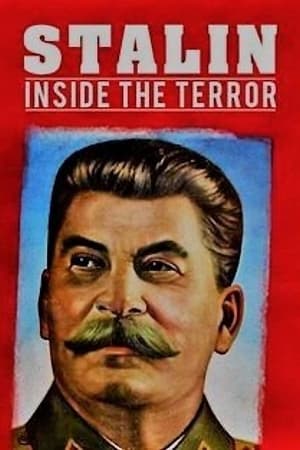 6.3
6.3Stalin: Inside the Terror(en)
This program is an overview of the life and career of Joseph Stalin. It concentrates on describing and attempting to explain the origins of the policy of “terror” instigated by Stalin as leader of the USSR. There are interviews with surviving family members and experts all of whom attempt some sort of personality “analysis” of the dictator to explain his behaviour and policies. Another question that is examined is, given his record of “terror”, why was he so popular? Why did so many Russians mourn his death in 1953? This could be an overview and introduction to a study of both Stalin and USSR in the post revolution period.
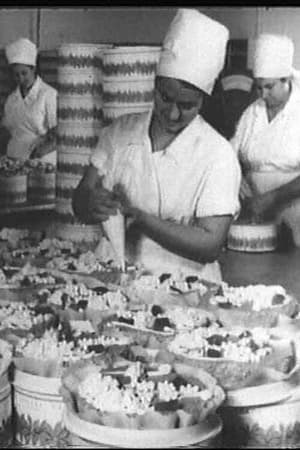 0.0
0.0Charlie Marx and the Chocolate Factory(en)
Charlie Marx and the Chocolate Factory started as an investigation of the link between politics and chocolate, at the Karl Marx Confectionary Factory in Kiev, Ukraine. Since access to the factory was denied, the project had to be re-considered, re-invented or re-enacted. Mostly made of archival footage and re-enacted performances based on the company's website, the film merges what was left of the initial idea with what has been collected and realized instead. It borrows from the genres of video art, 'Man on the street' interview, direct address, corporate film, essay, and music video, without legitimately belonging to any of them. The film unravels as a reflection on its own failure, and yet keeps on investigating what has always been at stake: the shift from public to private property (and from analog to digital technology), dialectics of permanence and change, language as a mirror of ideology, and post-Soviet oligarchy culture.
 7.6
7.6Chernobyl 30 Years On: Nuclear Heritage(en)
Thirty years after the Chernobyl disaster, which occurred on the night of April 26, 1986, its causes and consequences are examined. In addition, a report on efforts to strengthen the structures covering the core of the nuclear plant in order to better protect the population and the environment is offered.
 7.8
7.8Man with a Movie Camera(ru)
A cameraman wanders around with a camera slung over his shoulder, documenting urban life with dazzling inventiveness.
Gulag(fr)
This excellent and breathtaking documentary is the result of a long study on the Gulag to try to understand why more than 60 million Soviet citizens were sent to the camps from 1918 to 1956, how such a massive confinement could take place during two generations. From the Solovki in the north-west to the Kolima in Siberia, from Lenine to Kroutchev, a polar geography is erected into the Gulag system. One does not escape from camps. After ten years of imprisonment, one dies. Some survived, some left traces; they witness: organisation, work and discipline, but also resistance, repression and revolt.
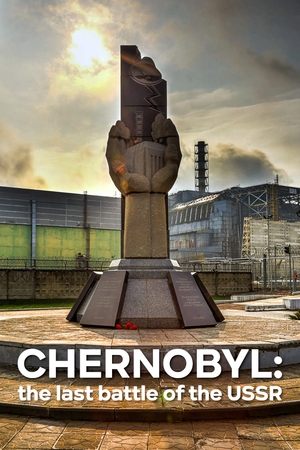 8.5
8.5Chernobyl: The Last Battle of the USSR(fr)
Three decades after the nuclear explosion, almost everything has been said about this ecological and sanitary disaster that made Pripiat a part of History. How did the greatest industrial disaster change the course of History, disrupt global geopolitics and, directly or indirectly, redistribute the balances and power relations of the twentieth century? The world will never be the same again. By retracing the incredible battle waged by the Soviet Union against radiation, this film proposes to retrace and enlighten an extraordinary story, while exploring the historical stakes in the medium and long-term…
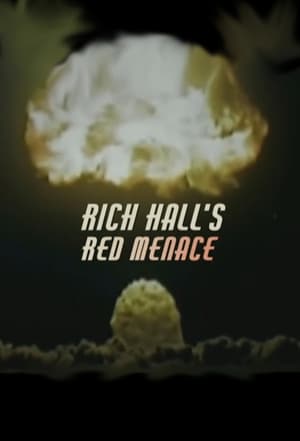 0.0
0.0Rich Hall's Red Menace(en)
2019 marks the 30th year since the fall of the Berlin Wall and the end of the Cold War. Rich Hall examines the relationship between the West and the USSR in his inimitable fashion.
 0.0
0.0The Arrow of Time(en)
President Mikhail Gorbachev recounts the end of the Cold War and the reduction of nuclear arms.
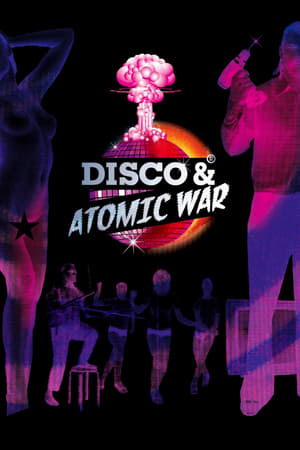 5.6
5.6Disco and Atomic War(et)
A different history of the Cold War: how Estonians under Soviet tyranny began to feel the breeze of freedom when a group of anonymous dreamers successfully used improbable methods to capture the Finnish television signal, a window into Western popular culture, brave but harmless warriors who helped change the fate of an entire nation.
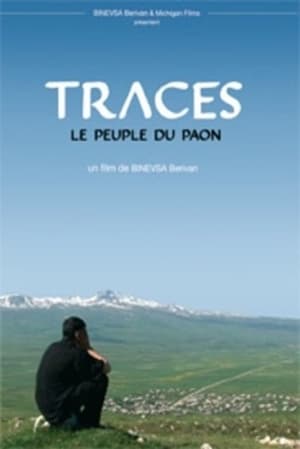 0.0
0.0Traces: People of the Peacock(ku)
Filmmaker Binevsa Bêrîvan travels to Armenia to capture the daily life, customs, and history of the country's Yazidi Kurdish community.
 6.0
6.0Michael Jackson: Moscow Case 1993(en)
The Moscow Case is a 52 minute documentary with never-before-seen footage of Michael Jackson in Moscow during the "Dangerous" tour. This film tells the behind the scenes story of Jackson's ill fated concert in September 1993. It includes unique archival footage showing Michael close up and personal while meeting fans and playing with orphan children.
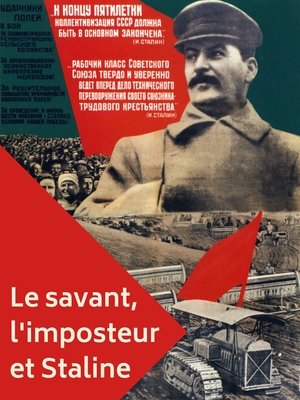 7.3
7.3The Scientist, The Imposter and Stalin: How to Feed the People(fr)
The documentary tells two very different human fates in the 1920s Soviet Union. Nikolai Vavilov was a botanical genius, Trofim Lyssenko was an agronomist who made great promises and fake inventions. Each of them tried to solve the country's nutritional problem, but only one succeeded.
